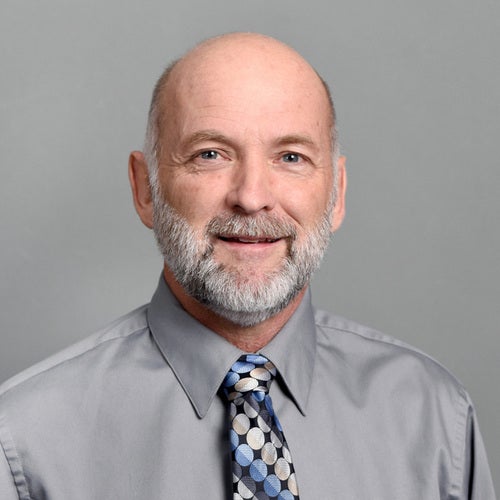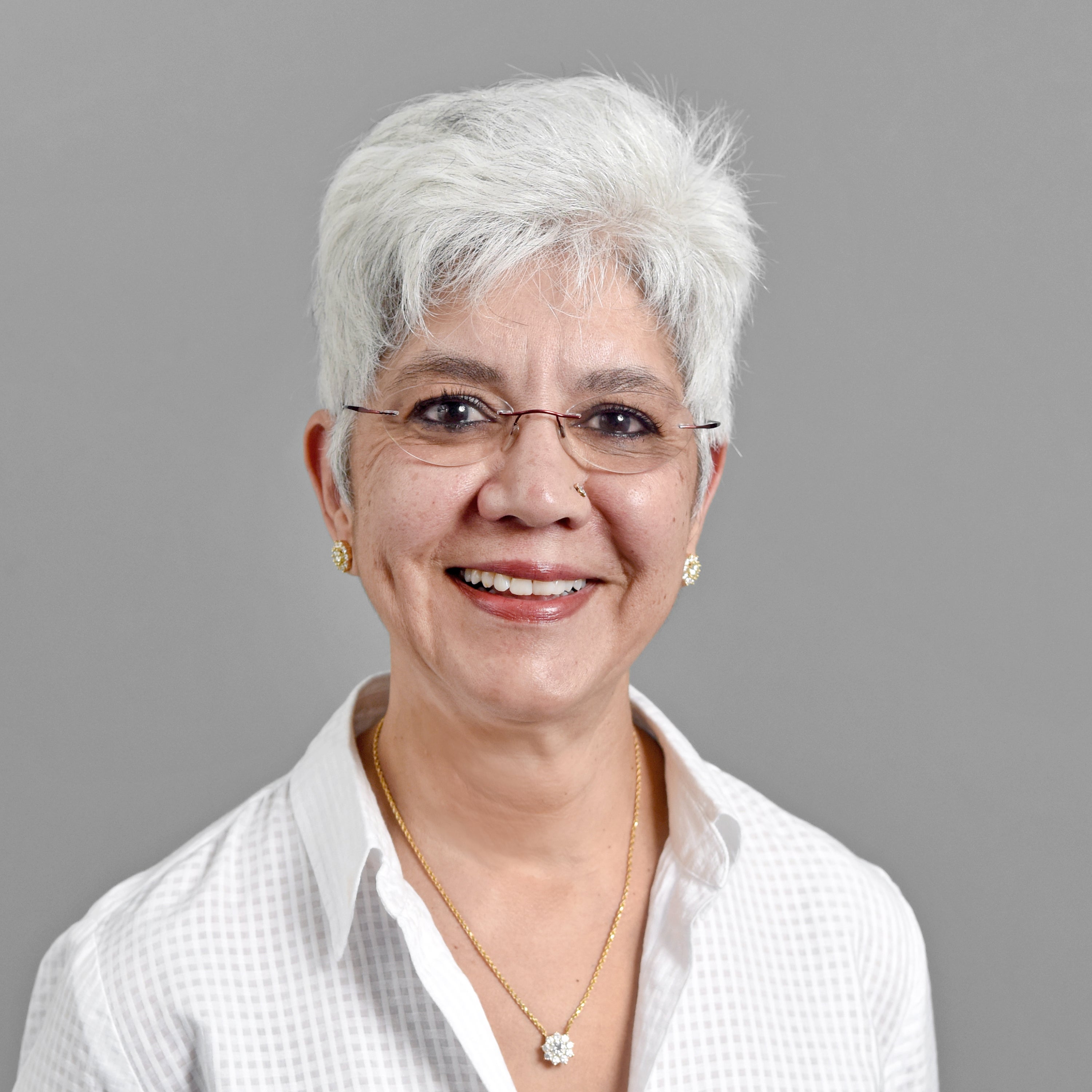Leading in Arizona and worldwide: ASU psychology faculty elected to prominent leadership roles

Faculty in the Arizona State University Department of Psychology have recently been elected to leadership positions in several prominent professional associations including three divisions of the American Psychological Association, the Human Behavior and Evolution Society, the Association for Behavior Analysis International and others.
Faculty in the Arizona State University Department of Psychology have recently been elected to leadership positions in several prominent professional associations including three divisions of the American Psychological Association (APA), the Human Behavior and Evolution Society, the Association for Behavior Analysis International and others.
Stephen Goldinger
President-elect of APA Division 3, Society for Experimental Psychology and Cognitive Science
Goldinger, a professor of psychology, will serve a one-year term each as president-elect, president and past-president of APA Division 3. In this leadership role, his job is to ensure that cognitive science is represented in the overall priorities of the APA.
“Because APA overall is strongly focused on clinical psychology, my goal as president is to make Division 3 more relevant to cognitive science academics, especially students and postdocs,” Goldinger said. “Some ideas I have include increasing networking opportunities with a forum to match students with potential postdoctoral mentors and resources to help find nonacademic jobs, and by hosting symposia with topics that are of great impact to cognitive scientists.”
Stephen Goldinger
As president, Goldinger will also oversee the newsletter of Division 3, the nomination and selection process for committees, and member recruitment.
Gene Brewer, associate professor of psychology, was elected as a member-at-large to the board of APA Division 3 and will work alongside Goldinger.
David MacKinnon
President-elect of APA Division 5, Quantitative and Qualitative Methods
MacKinnon, Foundation Professor of Psychology, will also serve a year each as president-elect, president and past president of APA Division 5.
MacKinnon has been a member of Division 5 since he earned his doctorate in 1986 and was the Division 5 representative to the APA Council of Representatives for the past four years.
David Mackinnon
In his role as president, MacKinnon plans to work on consolidating the three sections of Division 5 — assessment, evaluation measurement and statistics, and qualitative inquiry — into one dynamic division that develops and applies the best methodological tools for psychological research. He also plans to promote and communicate new methods to APA members.
“We will host the Division 5 business meeting at ASU next spring and will have a miniconference the day before that focuses on new statistical methods, service to Division 5, and the teaching of methodology,” MacKinnon said.
The upcoming Division 5 meeting is also in honor of the career of Leona Aiken, President’s Professor of psychology emeritus, who made important contributions to Division 5 and the research and teaching of quantitative psychology methods.
Suniya Luthar
President of APA Division 7, Developmental Psychology
Suniya Luthar
Luthar, Foundation Professor of Psychology, is currently serving as president-elect of APA Division 7. Luthar will start her term as president in January.
Before her election as president, Luthar served a three-year term as the Division 7 representative to the APA Council of Representatives.
“As president, my emphasis will be on applications in the real world, or ‘giving science away,’” Luthar said. “We want to bring what we have learned as researchers to benefit the lives of children and families.”
Division 7 has hosted application-focused conferences and prepared statements for policymakers in collaboration with APA Division 37, the Society for Child and Family Policy and Practice, and Division 53, the Society for Clinical Child and Adolescent Psychology.
“APA is intensively involved in policy and advocacy, and I have been called upon to meet with senators to help explain the value of (National Institutes of Health) funding for developmental psychology, among other issues” Luthar said. “I think it is important through my leadership roles that I give back to the organization and profession as best I can.”
Douglas Kenrick
President-elect of the Human Behavior and Evolution Society
Douglas Kenrick
Kenrick, professor of psychology, was elected president of the Human Behavior and Evolution Society (HBES). The international society includes researchers from ecology, biology, anthropology, psychology and other disciplines who focus on understanding human behavior in evolutionary terms.
The society hosts an annual conference and publishes the journal Evolution and Human Behavior.
“Across psychology as a whole and especially within the ASU Department of Psychology, there is a growing interest among students to think about human behaviors in terms of evolution,” Kenrick said. “HBES has had an outsized impact on the way people think about human behavior. Thinking in terms of evolution has revolutionized our understanding of how the mind works.”
Kenrick will serve two years each as president-elect, president, and past-president.
More ASU psychology leaders
ASU psychology faculty have leadership roles in addition to the APA and HBES.
• Peter Killeen, professor emeritus of psychology, was elected president of the Association for Behavior Analysis International. The association, which began in 1974, focuses on the philosophy, science, application and teaching of behavioral analysis.
• Federico Sanabria, associate professor of psychology, is president of the International Society for Comparative Psychology.
¨• Danielle McNamara, professor of psychology and the Institute for the Science of Teaching and Learning, is currently president of the Society for Text and Discourse and president-elect of the Society for Computers in Psychology.
• Adam Hahs, clinical assistant professor of psychology, is currently serving as president of the Arizona Association for Behavior Analysis.
“The elections of our colleagues to these leadership positions is a testament to the respect they’re accorded by their professional peers — not just for their exceptional scientific contributions but also for their good judgment and commitment to their disciplines,” said Steven Neuberg, Foundation Professor and chair of the Department of Psychology. “Their elections are also a testament to the breadth of our department’s contributions — together, these societies and divisions represent a significant portion of psychological science — and it’s wonderful to see that psychological scientists the world over recognize the high quality of research and professionalism represented throughout our department.”
Written by Kim D'Ardenne
More Science and technology

ASU professor breeds new tomato variety, the 'Desert Dew'
In an era defined by climate volatility and resource scarcity, researchers are developing crops that can survive — and thrive —…

Science meets play: ASU researcher makes developmental science hands-on for families
On a Friday morning at the Edna Vihel Arts Center in Tempe, toddlers dip paint brushes into bright colors, decorating paper…

ASU water polo player defends the goal — and our data
Marie Rudasics is the last line of defense.Six players advance across the pool with a single objective in mind: making sure that…





